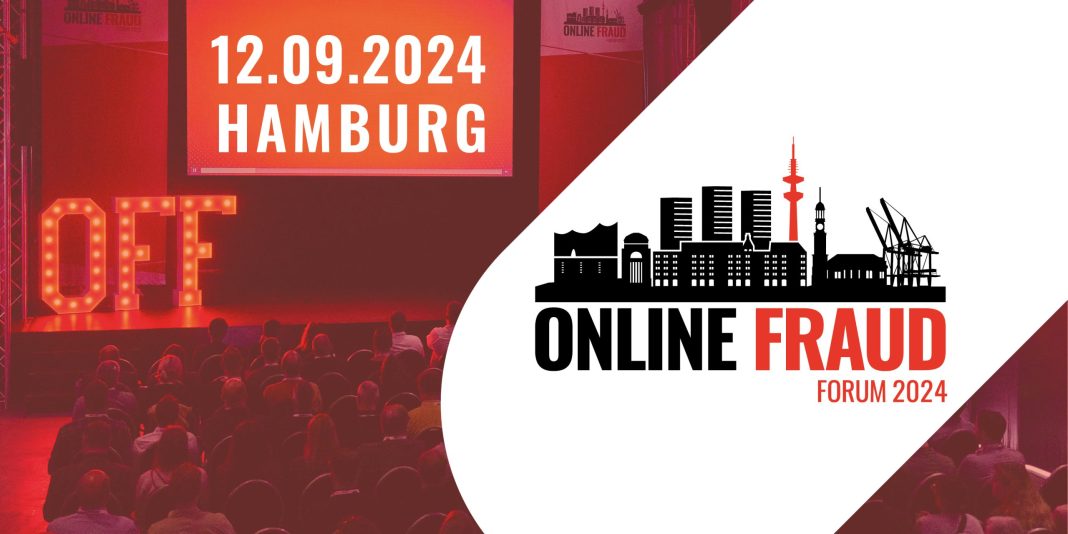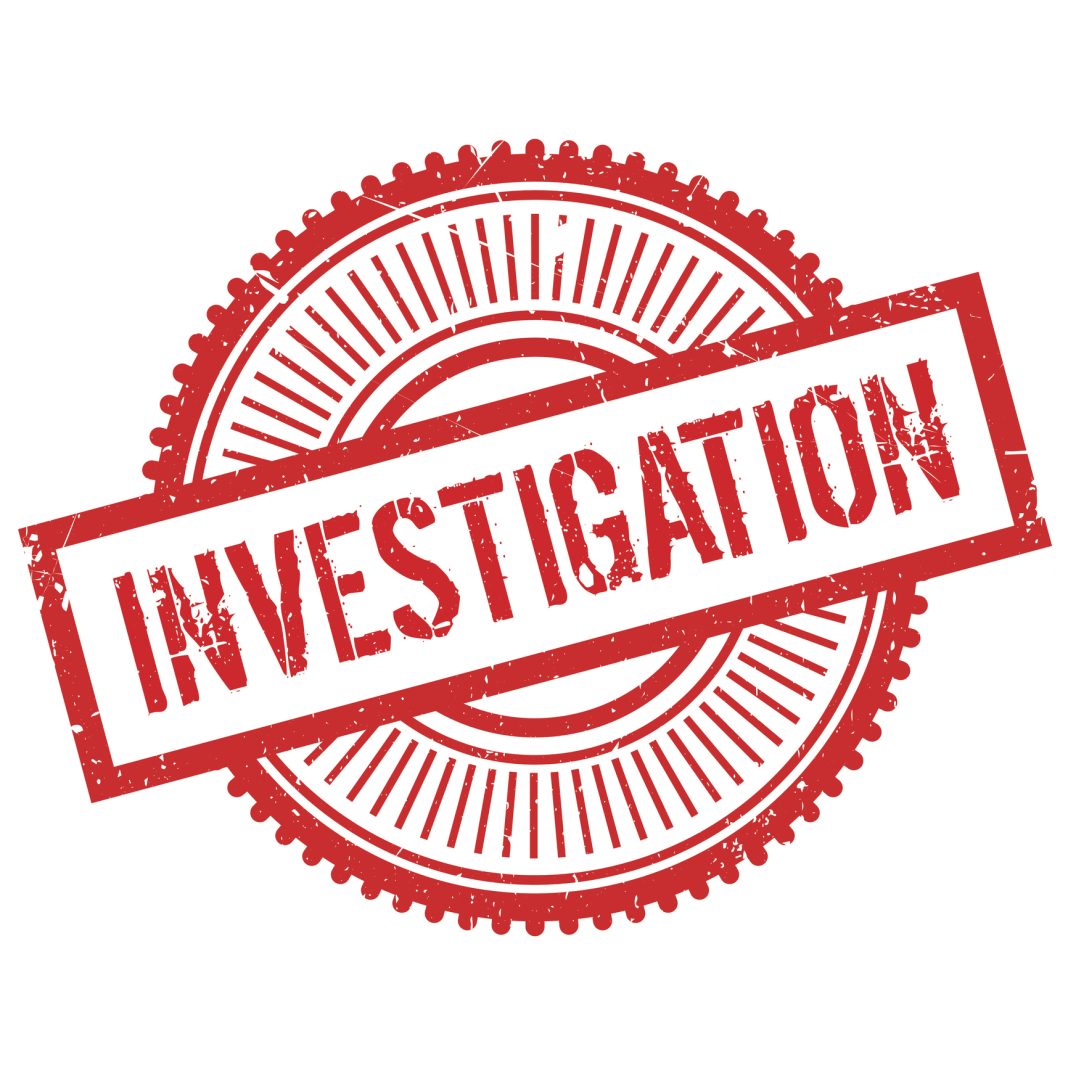
Debt Relief: How to Avoid Scams and Find Legitimate Companies
Introduction:
Debt is a common issue faced by many Americans today, with a staggering $17.80 trillion owed in the second quarter of 2024. It’s no wonder that people seek debt relief, but it’s important to be cautious when dealing with companies promising miraculous solutions. This article aims to help readers distinguish between legitimate debt relief companies and scams, offering insights into the industry and providing practical tips for avoiding fraudulent practices.
Legitimate Debt Relief Companies:
Legitimate debt relief companies employ various strategies to provide relief from debt. One effective method is negotiating with creditors to accept a reduced amount as full payment. The ultimate goal is to have the debt discharged for less than what is owed. These companies also offer debt consolidation options, enabling individuals to replace multiple debts with a single one that carries a lower interest rate. Additionally, legitimate companies provide debt management services, helping individuals create structured plans to pay off their debts effectively.
Recognizing Scam Debt Relief Companies:
Scammers often initiate contact through unsolicited texts, phone calls, or letters. They may even resort to robocalls, disregarding the “Do Not Call” list. While it may seem astonishing how scammers know about your debt, the truth is they cast a wide net and hope someone takes the bait. A key red flag to identify a scam is when a company promises to eliminate or significantly reduce your debt. Legitimate companies would never make such claims as they need to assess your specific financial situation before determining the feasibility of debt relief.
Large Upfront Fees:
Another warning sign of a fraudulent debt relief company is the demand for a substantial upfront fee. Some scammers may even present it as a payment to your creditors, but in reality, they keep the money. Legitimate companies, on the other hand, typically charge a commission based on the debt relief amount or a small monthly fee. Exorbitant upfront fees should be avoided, as they often indicate a scam.
Ignoring Creditors and False Government Programs:
Fraudulent debt relief companies may advise you to cease all communication with your creditors, which is a recipe for disaster. Legitimate companies understand the importance of maintaining communication and negotiating with creditors. Furthermore, scammers might falsely advertise legal loopholes or government programs that provide debt relief. It’s crucial to remember that there are no such loopholes or government programs for personal loans or credit card debt, except for bankruptcy. Any claims suggesting otherwise are simply misleading.
Credit Repair Companies:
In addition to debt relief, credit repair companies play a vital role in helping individuals improve their credit scores. They focus on rectifying outdated, inaccurate, or misleading information on credit reports by contacting the three major credit bureaus: Equifax, Experian, and TransUnion. Legitimate credit repair companies complete their services before invoicing clients, and they do not make unrealistic promises regarding credit score improvements.
Identifying Fraudulent Credit Repair Companies:
Similar to debt relief scams, fraudulent credit repair companies may contact individuals and request significant upfront fees. Legitimate companies only charge clients after completing the required services. It’s important to note that no company can guarantee a specific credit score improvement, so any promises made should be viewed with skepticism.
Credit Privacy Numbers:
Beware of companies suggesting the use of a credit privacy number (CPN) to avoid bankruptcy. CPNs are illegal and often involve stolen Social Security numbers or randomly generated nine-digit numbers. Using anything other than an approved government-issued identification on a credit application constitutes fraud. Additionally, companies advising you to obtain an employer identification number (EIN) as a substitute for a Social Security number should be avoided, as this is a federal crime.
The Credit Repair Organization Act:
The Credit Repair Organization Act (CROA) prohibits credit repair companies from lying or charging clients before providing any services. They must present a written contract before commencing work, and clients have the right to cancel within three days of signing the agreement. Understanding your rights under this act is essential when dealing with credit repair companies.
Taking Control of Your Finances:
While debt relief and credit repair companies can offer assistance, individuals can also take matters into their own hands. Negotiating with creditors directly is an option, and some creditors may be more willing to work with individuals rather than debt relief services. Similarly, disputing errors or outdated information on credit reports can be done independently by contacting the major credit bureaus. It’s important not to rely solely on external companies and risk falling victim to scams.
Conclusion:
Navigating the world of debt relief and credit repair can be challenging, especially with the presence of fraudulent companies. By equipping yourself with knowledge and being aware of the warning signs, you can protect yourself from scams. Legitimate debt relief and credit repair companies exist, but it’s crucial to conduct thorough research and prioritize communication with creditors. Taking control of your finances is empowering and can save you from potential financial harm.


